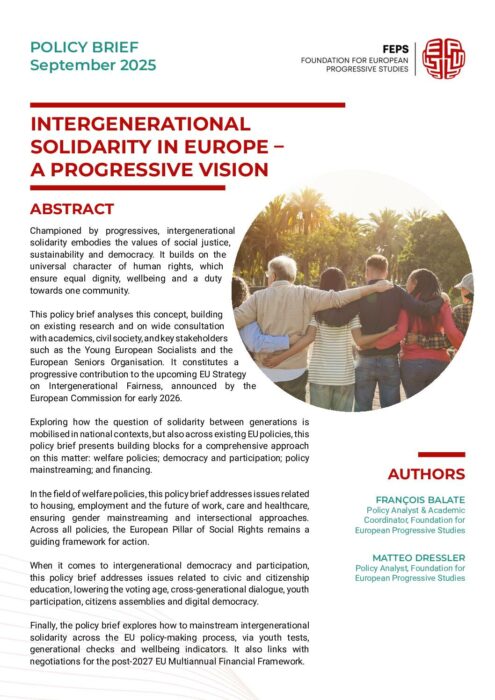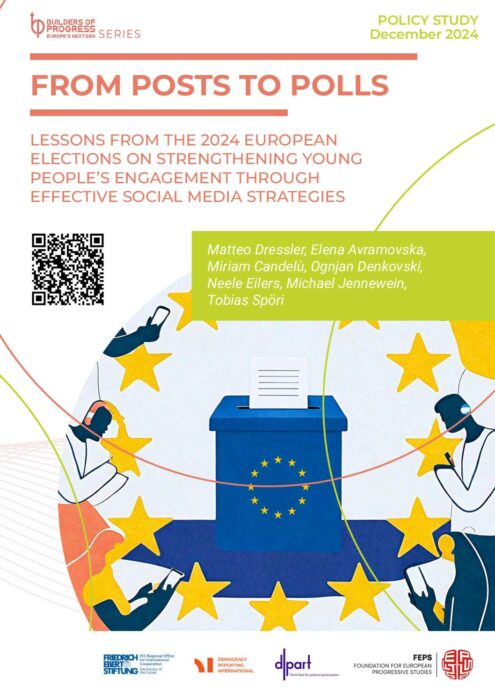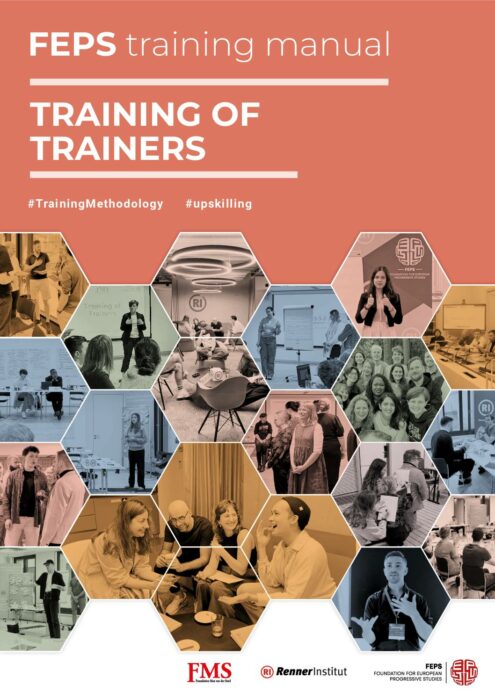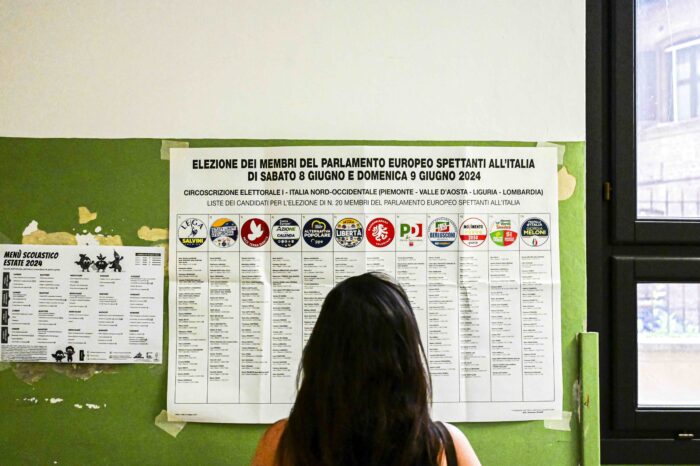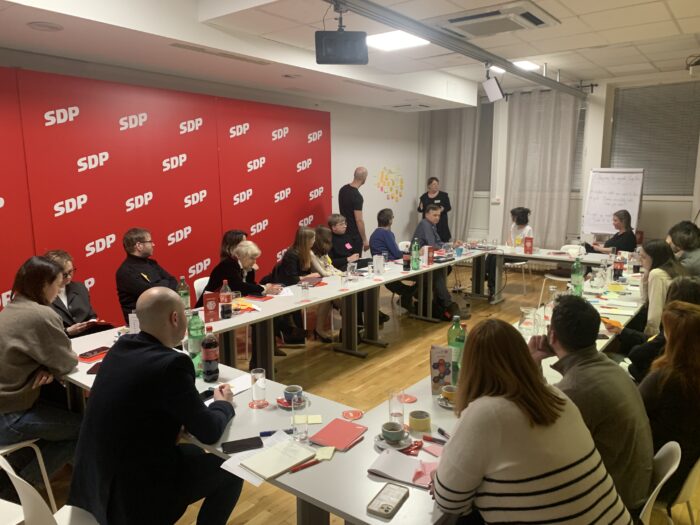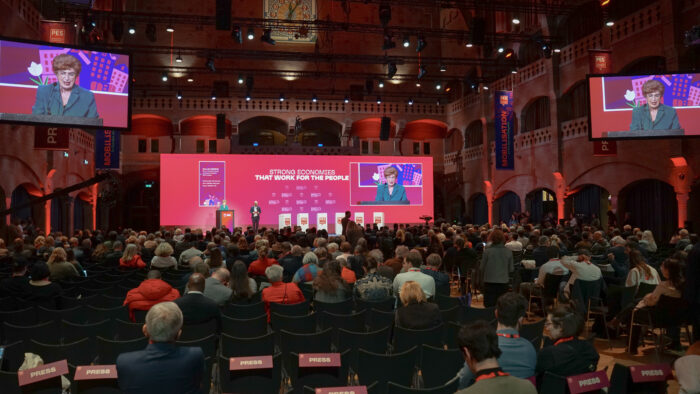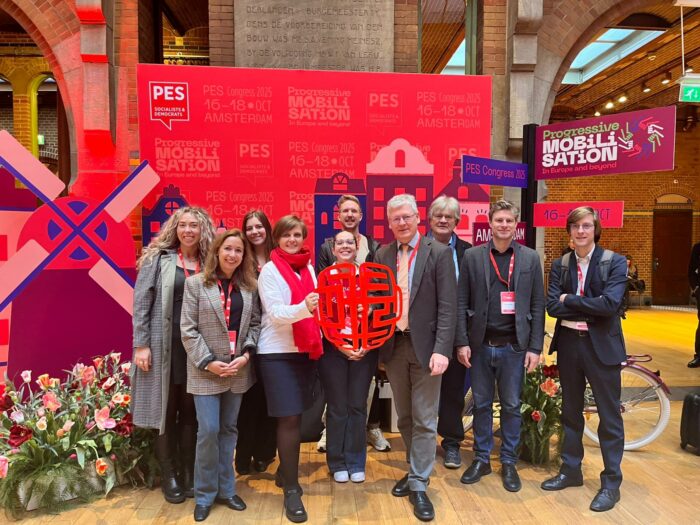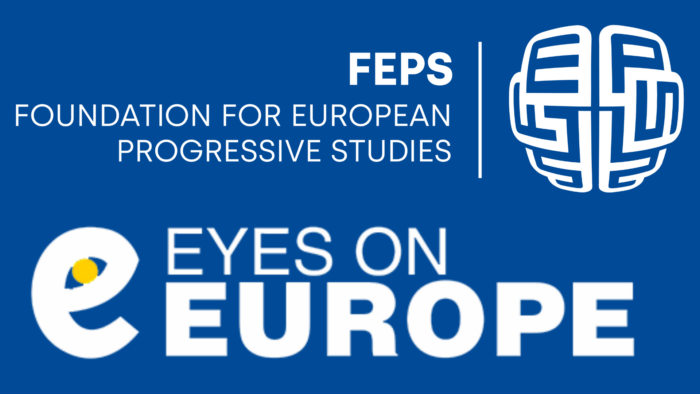Network
Find all related publications
Publications
Find all related Progressive Post
Progressive Post
Find all related events
Events
Past
23 - 25/01/2026
Zagreb, Croatia
01 - 03/12/2025
FEPS HQ, Brussels
13 - 15/11/2025
Vienna, Austria (Training)
Load more...
Find all related Audiovisual
Audiovisual
18/07/2025
17/12/2024
17/12/2024
30/09/2024
Find all related news
News
Find all related in the media
In the media


